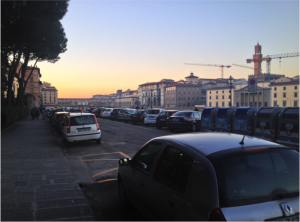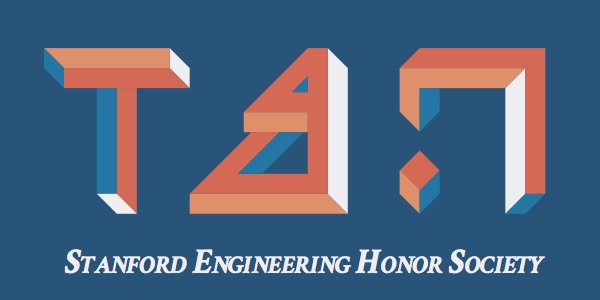When I arrived in Florence last year, I had a rough plan of the classes I would take: some Italian, some art history … and a materials science class (with recorded lectures) that would fulfill an “engineering fundamentals” requirement for my computer science degree—or maybe an online CS course through Stanford’s SCPD program. This plan did not last.
I’m sure that had I followed through on my initial course of study, I would have ultimately been okay with that choice. Instead, I realized quickly that I didn’t feel excited about taking those engineering classes and spending however many hours a week in front of my computer rather than outside in one of the world’s most wonderful cities. Instead, I picked up a class on the history of Florence in the Renaissance and another on mass extinctions and the geology of the area in addition to my Italian and art history courses.
But none of these classes count toward your major, a part of my mind squeaked. And this was true, and it was worth acknowledging. But I would be able to take all the requisite classes when I returned to California, and here I was in a new place, so why not be completely present, and what does it really mean for something to “count,” anyway?
Certainly, studying in a directed fashion to acquire a degree is valuable in some sense, but my time in Florence as been one of several events in my Stanford experience that—in addition to exposing me to all sorts of new knowledge, teaching me to love Italian culture, and bringing profound joy to my life—has really challenged me to consider what it means to get an education, and, more generally, to learn and to live well.
All this is not just to say “Go abroad!” or “Have a fun time in college!” or “Study a wide range of things!” (though these are all decent pieces of advice). Rather, I simply wish to pose to the reader: What counts?
The question that continues to challenge me almost every day. And while it probably means something different to you than it does to me, I urge you to consider it constantly.



